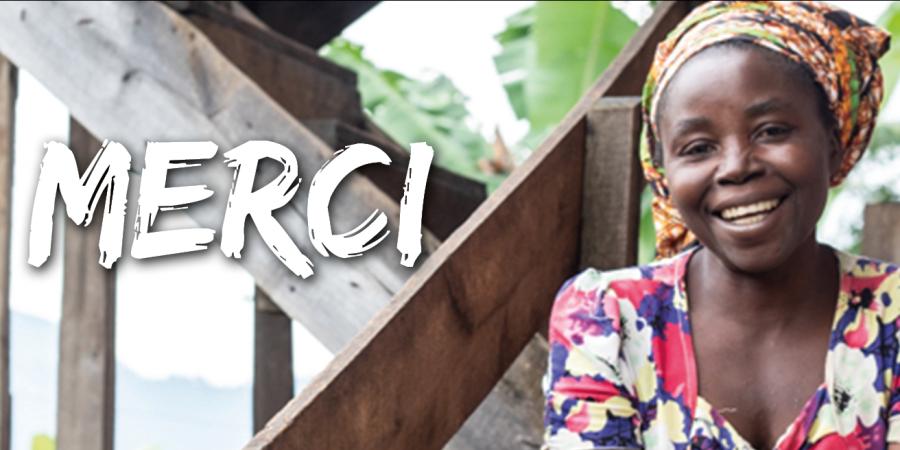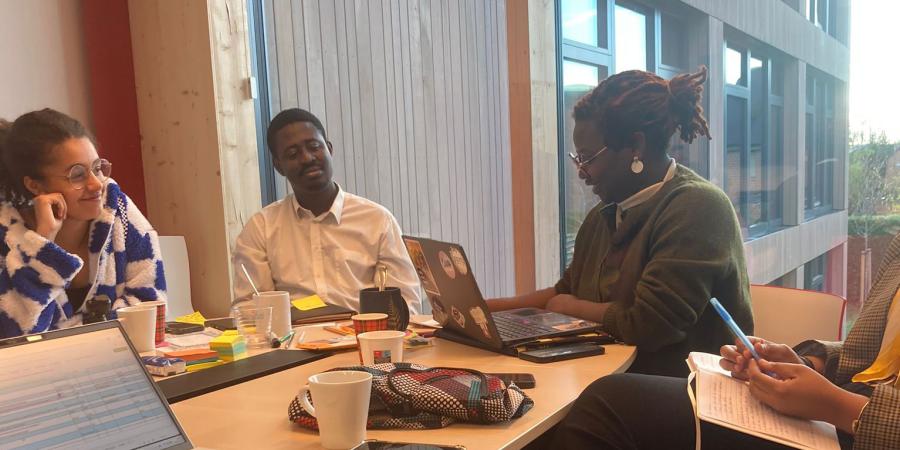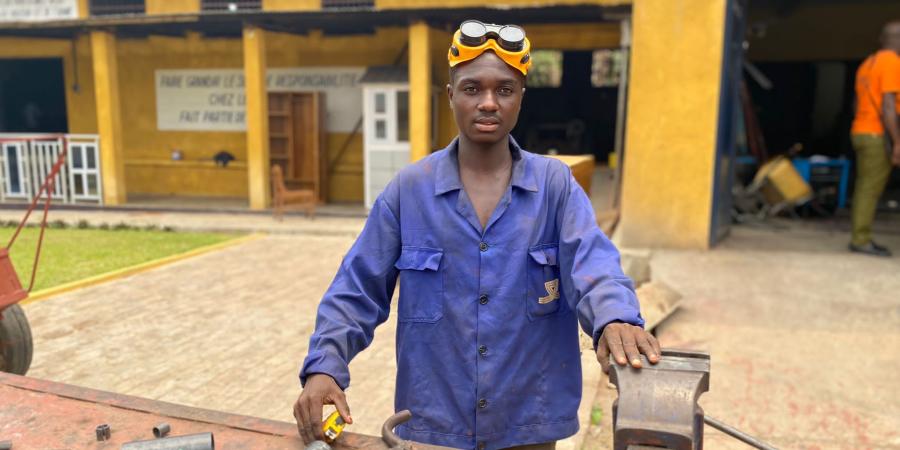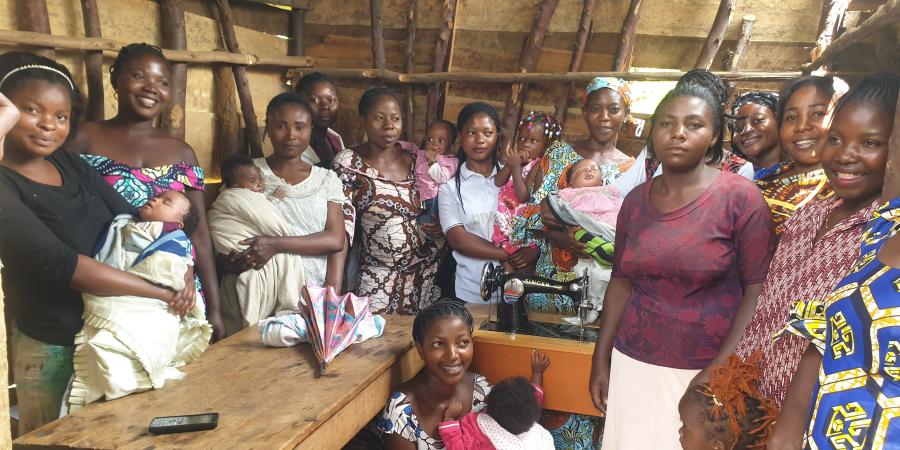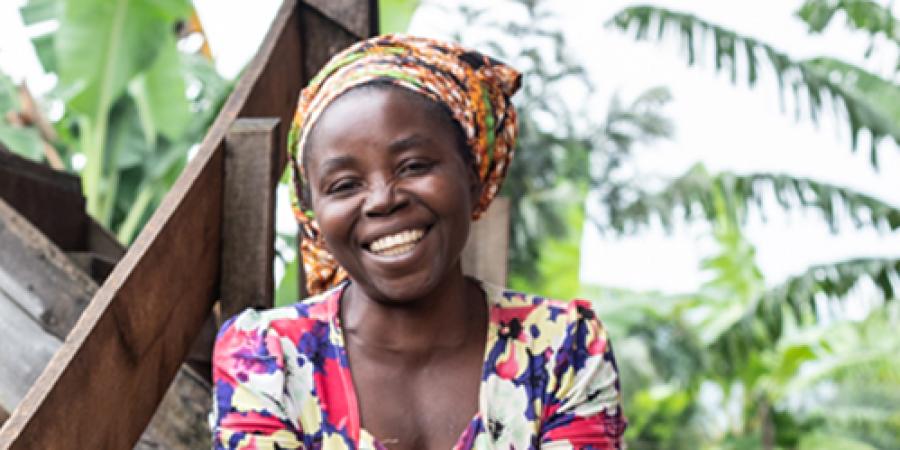“Specific care for women represents 15% of the interventions of our mutual insurance companies”
“Specific care for women represents 15% of the interventions of our mutual insurance companies”
Since 2006, Les Mutualités Libres and Louvain Coopération have been working together to create and develop health mutuals in Benin, Togo and Burundi, in order to guarantee access to healthcare for the entire population.
These structures play a vital role in women's health. Christian Horemans, International Affairs Expert at the Union nationale des Mutualités Libres and Brice Titipo, Programme Manager for Access to Healthcare & Health Promotion in West Africa for Louvain Coopération, look back at our joint projects, in favour of health. Interview.
LC: Why did Mutualités Libres want to get involved in health and social protection in the South?
C.H.: As a mutual insurance company, solidarity is written into our DNA. So it seemed very logical to us to put our expertise at the service of Louvain Coopération's projects, in an intermutualist and intercontinental spirit. Access to healthcare is a basic right. However, in the countries where we work with LC, only 10 to 20% of the population benefit from state health cover. Contributing to improving the well-being and security of families gives us great satisfaction.
LC: How is the development of mutual health insurance in the South helping to improve the lives of women?
C.H.: First and foremost, mutual insurance schemes provide financial access to quality healthcare. What's more, with the mutual insurance booklet, it's easier for women with mutual insurance to receive treatment or have their children treated. Mutuals can also play a role in prevention and health promotion initiatives, which can also target women. Finally, the democratic structure of mutuals gives women the opportunity to be represented. In fact, some mutuals are run entirely by women.
LC: How do mutuals improve women's health?
B.T.: The mutual insurance companies we support include cover for services specific to women, such as prenatal consultations, ultrasounds, vaginal deliveries or caesarean sections. The third-party payment system means that women with a mutual health insurance scheme only have to pay a small part of the health centre bill, so they can go as often as they need to. In this way, mutual health insurance contributes to reducing maternal and neonatal mortality. In 2021, specific care for women accounted for 15% of the interventions of the mutual health organisations we support. Finally, numerous awareness-raising activities for women are carried out through these structures.
LC: This year, thanks to the support of Wallonie-Bruxelles Internationale, Mutualités Libres and LC are launching a project around women's sexual and reproductive health in Atacora. What are the problems linked to this aspect of health in Benin?
B.T.: In Benin households, sexuality remains a taboo subject. The majority of parents do not give young people the necessary sex education on subjects such as menstruation, for example. So they turn to their peers, who don't always have the right information. It is therefore essential to promote healthy behaviour and take preventive measures in terms of health during adolescence.
LC: What does this project involve?
B.T.: It will involve raising women's awareness of preventive measures for sex-specific diseases and reproductive health. We will also be organising mass screening campaigns for breast and uterine cancers, and supporting patients who have been screened at risk so that they can access confirmatory tests. Finally, we will develop a network of peer educators in the field of prevention of sex-specific diseases and promotion of reproductive health.
LC: How can Mutualisés Libres support this type of project?
C.H.: As a mutual insurance company, it's very important, in the context of diseases like cancer, to inform people about the right behaviours to adopt, but also to make them understand why it's so important to take part in screening trips. In Belgium, we have a great deal of experience in communicating about these diseases, as well as in sex education. Of course, the reality in Africa is very different, but we have experiences that can inspire us.
LC: A second project concerns the prevention of non-communicable diseases, in particular hypertension and diabetes. Are these diseases a major problem in Benin?
B.T. : In Benin, as in all low-income countries, we are seeing a rise in Non-Communicable Diseases (NCDs) among the main causes of mortality. In 2015, a WHO survey on the surveillance of risk factors for NCDs revealed high, even worrying, prevalences in terms of high blood pressure (26%), overweight (23%) and fasting hyperglycaemia (12%). The authorities have drawn up an Integrated Strategic Plan to combat non-communicable diseases 2019-2023.
LC: What does this project involve?
B.T.: It involves equipping health centres with screening equipment, training staff in the management of hypertension and diabetes, organising screening campaigns and referring people at risk to appropriate centres. We also organise awareness-raising sessions on risk factors and non-medicinal means of preventing NCDs.
LC: This is the second project on this theme to which the Mutualités Libres are committed. Why?
C.H.: Preventing this type of disease is even more valuable in Africa because they affect the population very heavily and most people can't afford to buy insulin. And this prevention can also have a social added value. For example, peer-educator clubs have been set up, and they go walking once a week because moving is so important.
LC: How do you see the future of mutual health insurance in Africa?
C.H.: A major area of work consists of convincing the authorities to work on developing universal coverage and extending it. Universal coverage goes hand in hand with the development of quality healthcare. We need to make the right choices and invest in equipment, in particular by training hospital staff and providing the necessary equipment. The challenges are many, but we believe that mutuals can be a partner in the development of universal coverage. The young mutual societies must continue to professionalise in order to convince the authorities. In particular by training the people who work there and by computerisation.
To find out more or support our women's health projects: https://www.louvaincooperation.org/fr/sante-des-femmes

